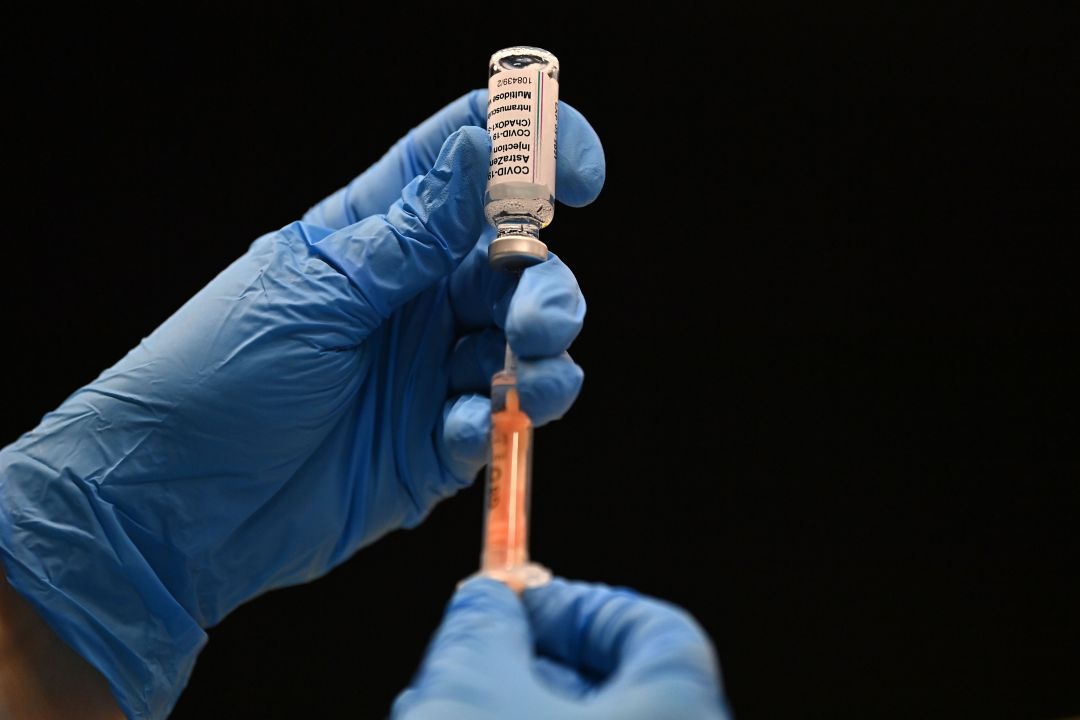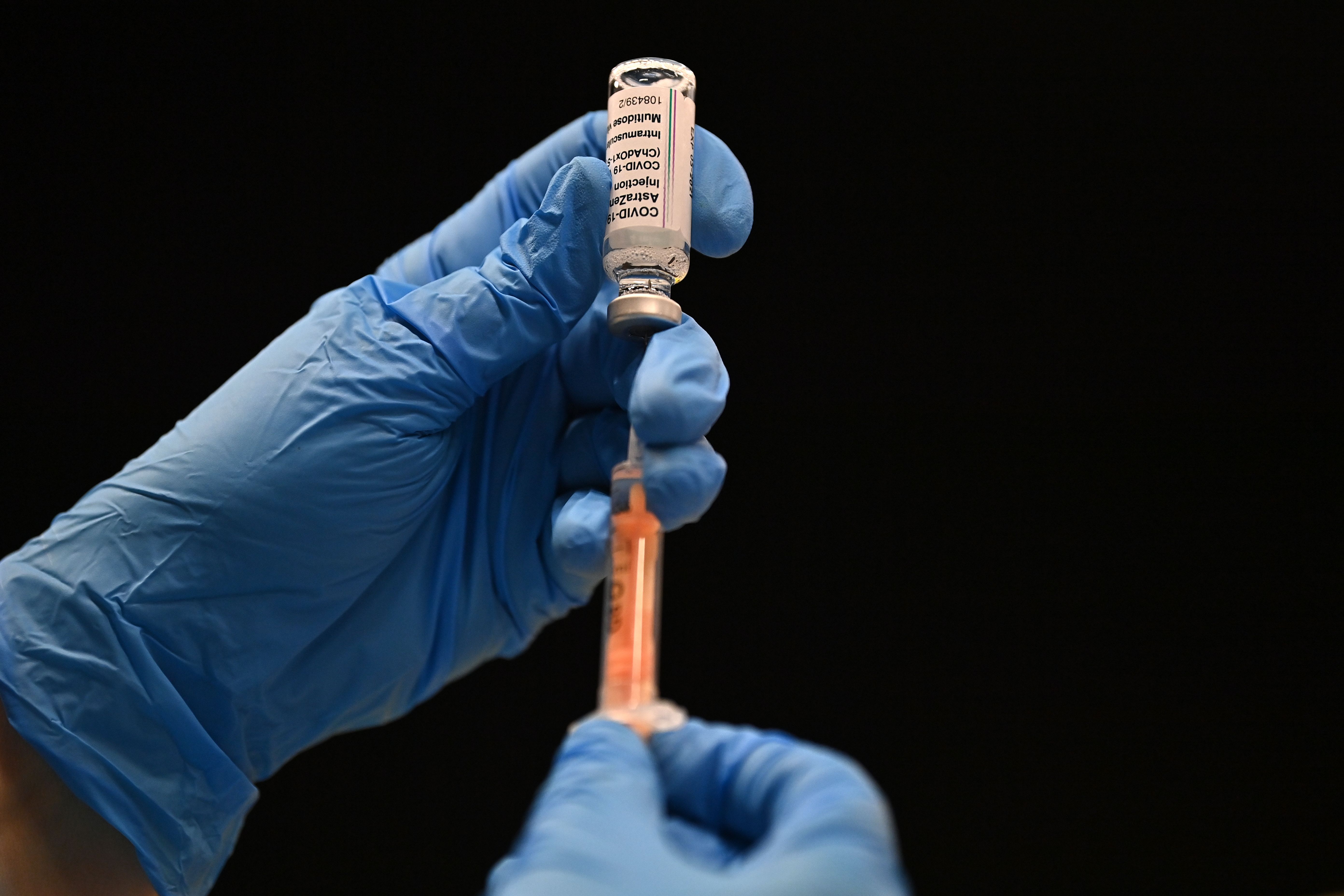On Saturday the government hit its target of administering a first vaccine dose to 15 million of the highest-risk groups for Covid 19. By now, everyone over the age of 70, all healthcare workers and vulnerable groups should have been offered a vaccine. It is an impressive achievement which stands in contrast to many of the other things that have gone wrong over the past year. But there is a rather large fly sitting in the ointment. While 90 per cent of eligible members of the general public have turned up for their appointments (97 per cent in the over-80s), the same is true of only 80 per cent of healthcare workers.
In some places, the take-up among healthcare workers is even lower. A study by the University of Leicester into 19,000 staff employed by the University Hospitals of Leicester NHS Trust found that just 64.5 percent had had the jab. The take-up was especially low among workers of South Asian heritage (58.5 per cent) and black workers (36.8 per cent). A failure to be vaccinated was especially associated with young, female, low-income, non-white staff.
While the Leicester study analyses the numbers, it doesn’t really drill down into the reasons why so many healthcare workers are failing to get vaccinated — beyond stating that there was an especially low take-up among healthcare workers who had previously tested positive for Covid-19. That suggests some workers might think that vaccination was unnecessary, given that they might already have antibodies. But this was not enough to explain the low-uptake — indeed, the researchers also found that healthcare workers who had never been tested for Covid at all were more likely to have refused the vaccine.
Some of the younger female workers will be pregnant — and for whom the vaccine is broadly not recommended — but surely not enough to explain the overall low take-up. Have the vaccine refuseniks among healthcare workers simply been too busy to make their vaccine appointments? Do younger staff members consider themselves to be at little personal risk, and therefore think it would be selfish to have the vaccine before more vulnerable people? Do some of them not think the vaccines are effective, or safe? We don’t really have a picture of this. But it is crucial to understand because it greatly affects the success of the rest of the vaccination programme. Hospitals and care homes have been especially important to the spread of Covid-19. If significant numbers of healthcare workers are declining the vaccine it could have serious repercussions for the continued spread of the disease.
Since the beginning of the vaccination programme, there has been a fear in some quarters that anti-vaxxer campaigns would persuade people to reject the vaccine. The high take-up rate in the general population shows these fears to be largely unfounded. Yet take-up is much lower among the very group whom you might expect to be in the best position to understand the threat of Covid-19. It shows, if nothing else, that the world is a complicated place.








Comments